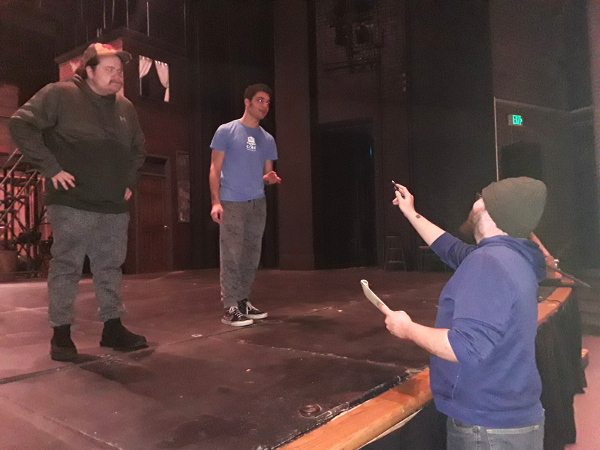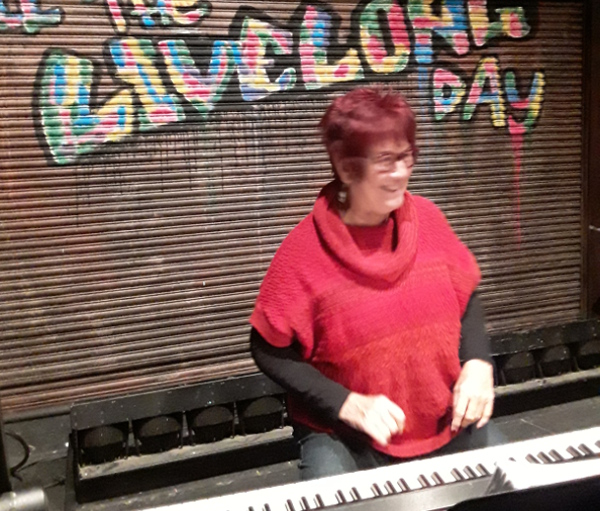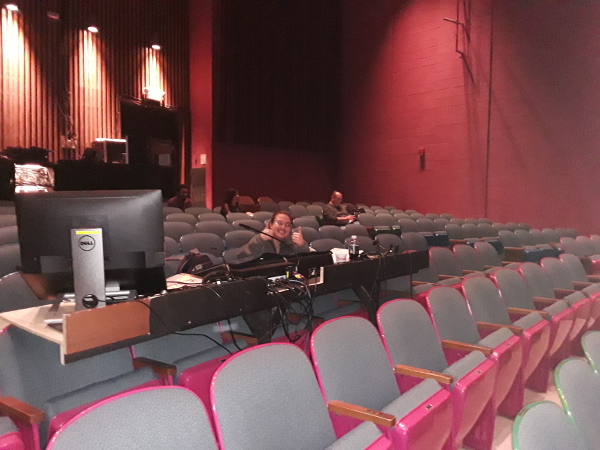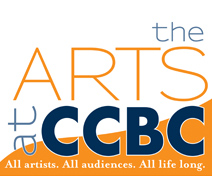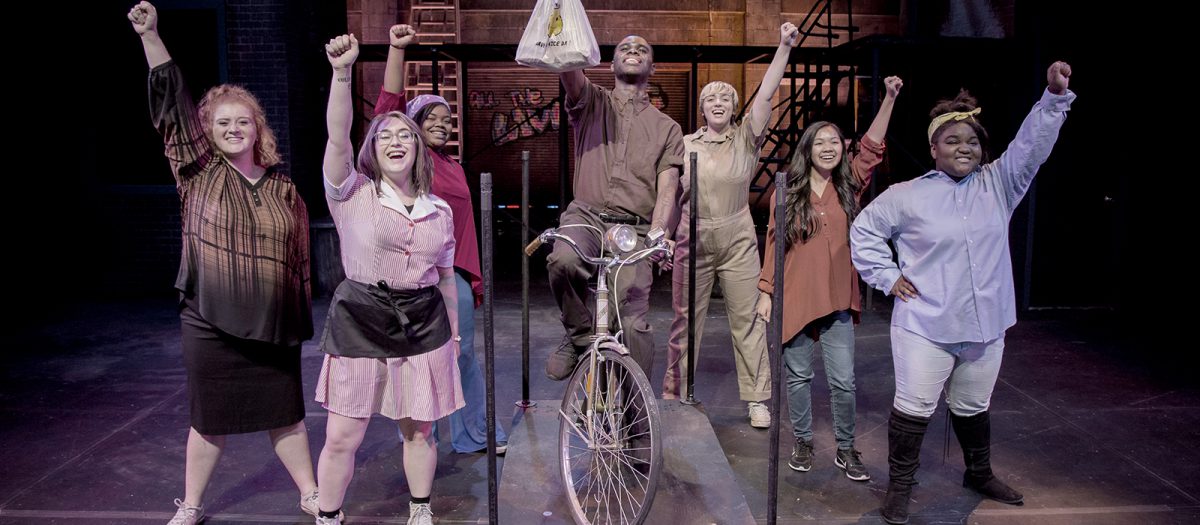When Julie Lewis, Theatre Coordinator at CCBC Essex, called Zach Hartley this past summer and asked if he wanted to direct Working he happily accepted. Zach has an affinity for many of the people represented in this play, he was raised in a blue collar area in central Ohio, his dad was an airline mechanic.
Zach says that directing a musical is full of challenges that you don’t find in other types of plays. One of the hardest things for him with musicals is the extra process elements – you have a music director, a choreographer, and you need time for them to do their work, plus all of the blocking and acting work that you do on any other play. He says the time commitment is immense, and inevitably you have to give up some of your own process time to your team to make the best show possible. Even the best creative team can be stressful but Zach feels fortunate to have Homer Ayala as his music director and Nellie Glover as choreographer. They are amazing teammates and great listeners. Homer and Nellie immediately connected to his process and vision of what the play should be which, in the end, resulted in a unified concept.
When asked what role Zach would be most happy, and least happy, to perform, he struggles to answer. From his point of view all of the characters in this play are so full of life; they’re all real people so there’s so much to explore. However, he is a particular fan of Allen Epstein, who is played by Mia Colbourne because his message is one of personal power and ability to illicit change. He also thinks the student, Ralph Warner, who Dorian Smith portrays outstandingly, would require some extra time for him to work out, because Ralph is very stuck in his parents way. Zach says thanks to his mom’s parenting style, he grew up naturally rebellious. There’s not a character in this play that doesn’t have a lot of good opportunities for creating a great performance. Zach couldn’t be prouder of the students who brought these people to life on stage.
Short term goals for Zach include a play or two for which he would love to find a space and direct as part of a new local theatre. And long term, focusing on helping young theatre artists mold the theatrical landscape into the kind of theatre that interests them. He thinks that most young theatre artists see plays done and wonder what these theatres are doing to convince them to come back and see more. It seems like so much work is tailored to a subscriber base with very different points of view from these new artists that he teaches. Soon these students will be making theatre for their peers rather than for people 40, 50 years older than they are, and he wants them to be ready to do more than audition for a role on Law and Order or Hello, Dolly!
Thanks to Facebook, twitch.tv, YouTube, and Instagram, young artists today have the opportunity to create new work at any time, and it is more accessible than ever to make content for audiences. Zach can’t wait to see more of how this accessibility affects traditional theatre, and he wants to be an inspiration and mentor for the young artists at the forefront of this movement, and of course to participate himself. The media savvy of these artists is so compatible with the storytelling, acting, and compositional techniques that he acquired in his traditional theatrical experience. Zach considers himself to b a missionary of sorts for the techniques that he offers: Chekhovian Acting, The Viewpoints, and a process that values the individuals participating while honoring the process as a cohesive whole.
And from Homeretta Ayala,
How and why she became involved with Working production: I am very fortunate to once again direct a show at CCBC. I actually began directing and playing for shows in 1980 when campuses were separate. I worked for 10 years directing a multitude of shows and galas. I have been actively involved with the music on the Catonsville Campus and the Essex Campus the past three years. I have truly come full circle. I always jump at the opportunity to direct a musical. Each show is a unique experience. the opportunity to see the growth from beginning to end cannot be duplicated in any other field. I believe that the message behind Working is timely. The final song, “Something to Point To” sums up the message…we all look for validity in our jobs. We want to leave something behind as our legacy.
Challenging: The most challenging role as Music Director is to put all of the pieces together. It is easy to rehearse individuals and groups but the final two weeks are challenging to work in all instruments, singers, and choreography. At times, it is necessary to make changes musically in order for the cast to present their best. It is always crucial that any changes add to the production.
In terms of roles…..I can certainly relate to that of the teacher. I began teaching in 1973 and the changes are addressed in the monologue and the solo, “Nobody Tells Me How.” When I am not involved in music, I am involved in teaching ESOL at CCBC and the Esperanza Center. This role also addresses the changing student population in America. The teacher role is representative of my life in a positive way!
